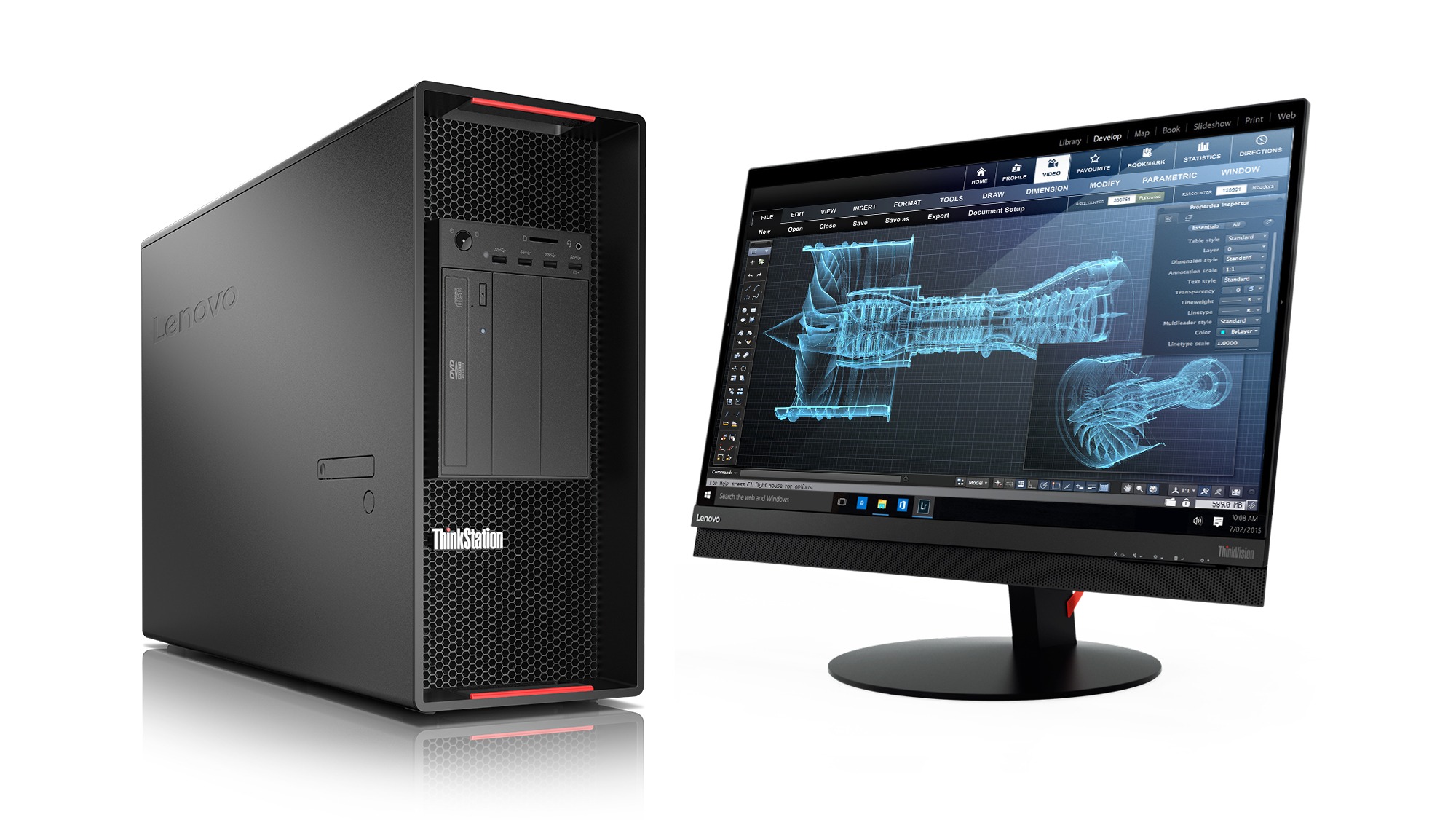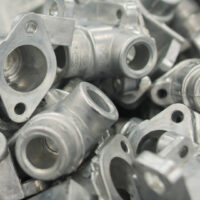To say the technological world is changing rapidly is an understatement. It would be more accurate to say the industry is on a train going non-stop towards the future and should it ever remain stagnant; the whole world could go mad from lack of innovation.
Thankfully, companies like Lenovo are working with other like-minded organizations to bring future tech as soon as possible to the masses. After announcing that workstations from the ThinkStation P330 Tower to the ThinkStation P920 will support the new NVIDIA Quadro RTX graphics card, Lenovo has told of four companies they are working with to bring the technology of the future today.
In the A.I. industry, the computer giant has partnered with three different groups in the field: MX3D, the North Carolina State University and Mark III Systems.
A partnership between Lenovo and MX3D aims to power the use of AI to build smart bridges. Through the use of an IoT “nervous system” which makes use of sensors built inside a bridge, constructors can monitor the constructs lifespan per its current structural integrity. This not only helps overseers maintain bridges which are already built but also gives a ton of information on how to increase the lifespan of future bridges. Using Lenovo workstations, MX3D can run AI workflows to make building bridges a lot more efficient.
North Carolina State University has another AI-fuelled project in mind. Through the use of Lenovo ThinkStations, a research team is using artificial intelligence to predict the performance of crops in locations with little rainfall. Using this information, they use algorithms to optimize irrigation routes to harvest crops and predict if future crops will do well before even being planted.
Lastly, in the field of AI, Mark III Systems is working on bringing even more automation power to manufacturing. By using the Lenovo Data Center, the company has developed an AI-fueled image recognition software that identifies product defects before they are even shipped to customers. This means fewer complaints from people who received crushed mail or finicky folks who value the mint condition of an item.
To cap Lenovo’s foray into the future, they have worked in collaboration with Dutch design company DUS and its architectural fabricating sister company Aectual to create 3D printed and fabricated floors in the Schiphol Amsterdam Airport. This technology is just a teaser for what’s to come: a slew of 3D-printed facades, millwork, and even small houses. Through the use of Lenovo workstations, DUS and Aectual can use their 3D printing tech in conjunction with the large printers to create the fabricated floors and walls.
These are just four of many projects Lenovo has powered. Expect more to come as computers get bigger, software capabilities become more diverse, and designers get more creative.






